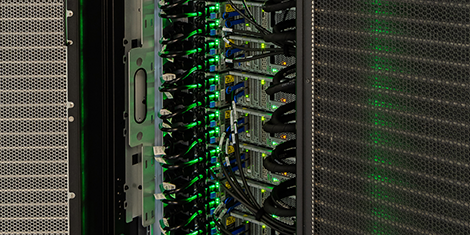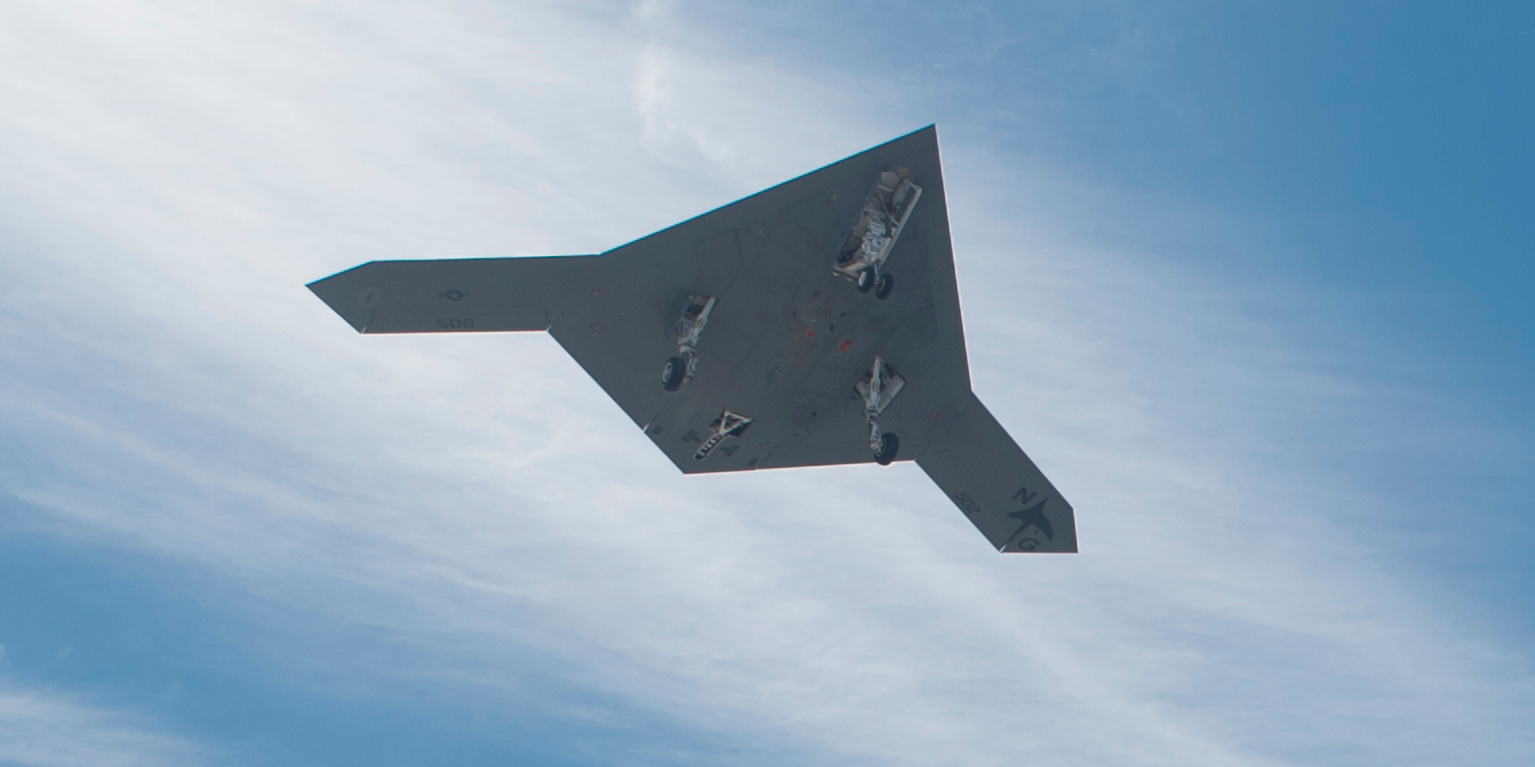
This article was originally published by the NATO Defense College (NDC) in February 2019.
The unprecedented pace of technological change brought about by the fourth Industrial Revolution offers enormous opportunities but also entails some risks. This is evident when looking at discussions about artificial intelligence (AI), machine learning (ML) and big data (BD). Many analysts, scholars and policymakers are in fact worried that, beside efficiency and new economic opportunities, these technologies may also promote international instability: for instance, by leading to a swift redistribution of wealth around the world; a rapid diffusion of military capabilities or by heightening the risks of military escalation and conflict. Such concerns are understandable. Throughout history, technological change has at times exerted similar effects. Additionally, human beings seem to have an innate fear that autonomous machines might, at some point, revolt and threaten humanity – as illustrated in popular culture, from Hebrew tradition’s Golem to Mary Shelley’s Frankenstein, from Karel Čapek’s Robot to Isaac Asimov’s I, Robot and the movie Terminator.

